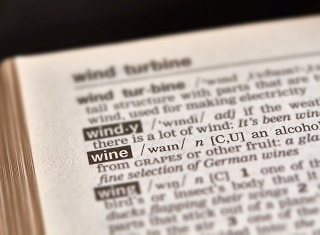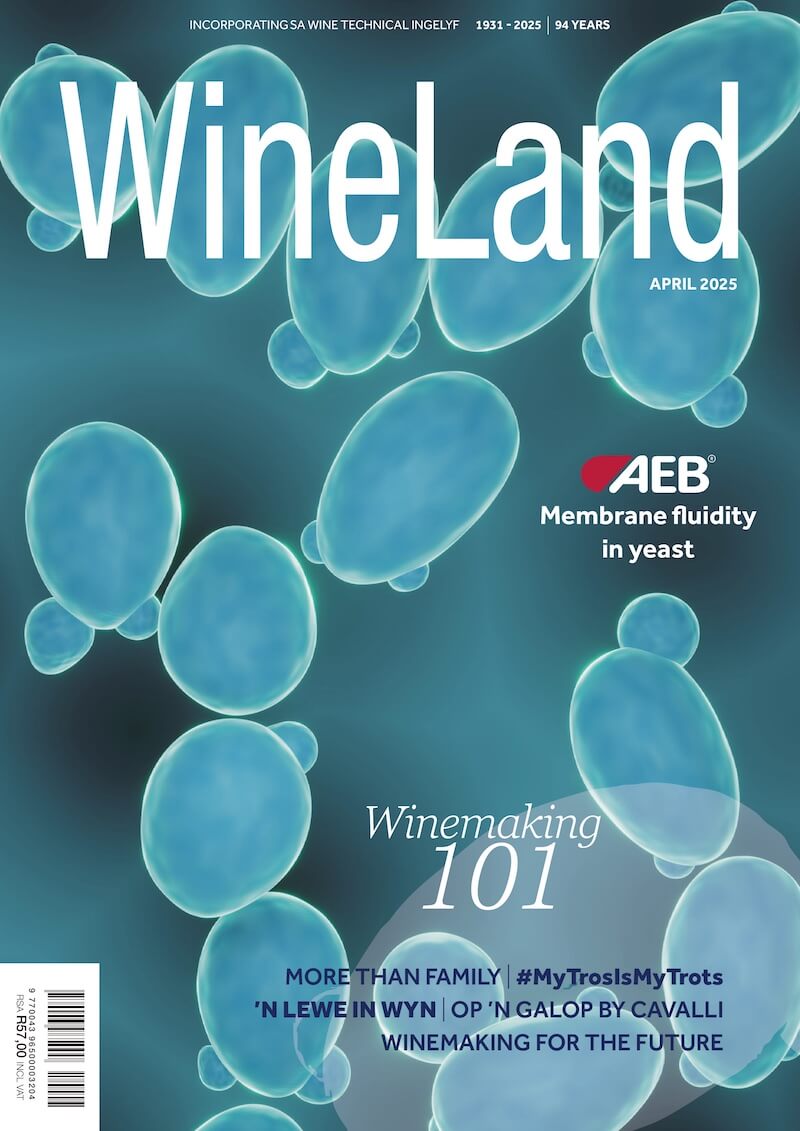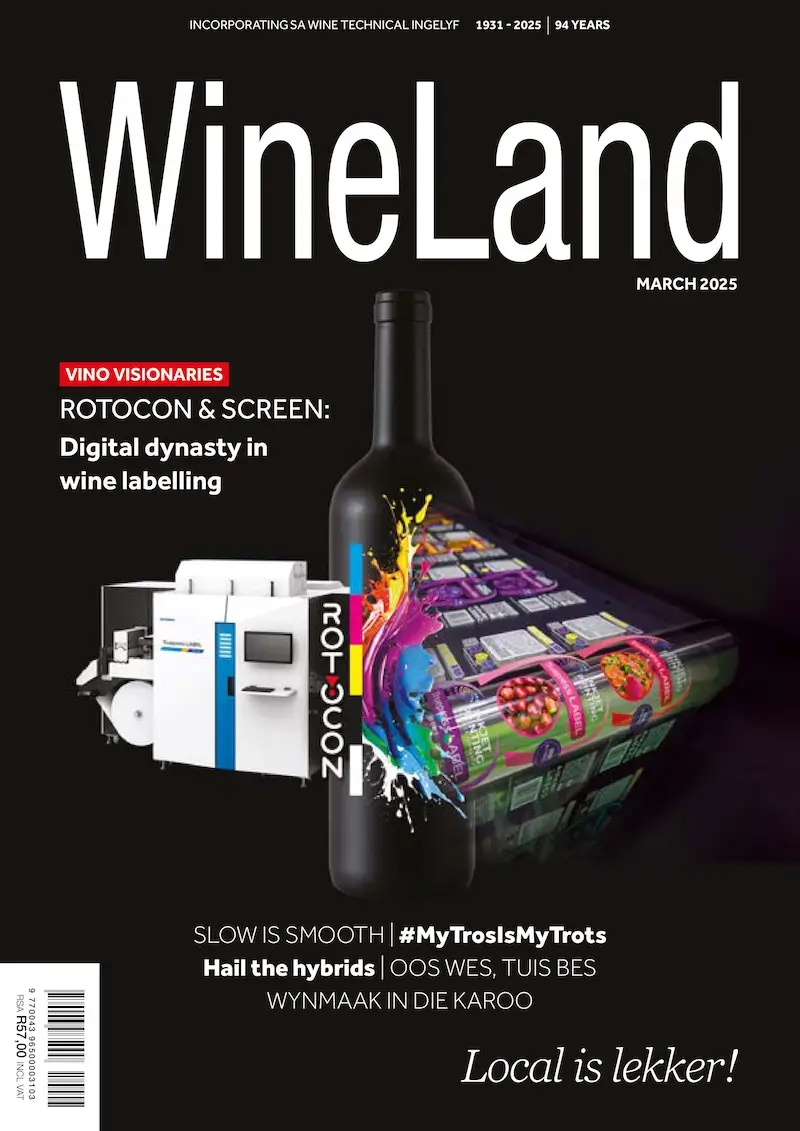 Moreover I’m being asked the question: ‘What makes South African wines different to those from other countries?’ And whilst I can blab on about our quality and our soils, the reality is that the average consumer simply doesn’t get turned on by those types of statements.
Moreover I’m being asked the question: ‘What makes South African wines different to those from other countries?’ And whilst I can blab on about our quality and our soils, the reality is that the average consumer simply doesn’t get turned on by those types of statements.
So, what is the spark? Well, there are a few actually. Several studies have proven that wine lovers across the globe can easily be suckered into believing that a wine is of higher quality the higher the price tag. In fact, some studies have proven that our brains physically register more pleasure when drinking more expensive wines – irrespective of the taste or actual quality.
Whilst these findings might indeed discourage people from squandering their hard-earned cash on needlessly pricey red blends, there are a host of other marketing techniques that could be employed to encourage the oenophile to allocate a somewhat higher share of their earnings to satisfy their vinous desires.
People like people and they like buying from people. I, for one, am more likely to buy something if it’s been personally recommended to me as opposed to seeing a random advert or seeing it on a shelf. However, if said product is being sold to me by someone with the personality of a door, I’ll most likely shut that door. Have a story, tell it with passion and let that passion rub off on the client.
If you want to talk the talk, make sure you can also walk the walk.
As a marketer, confidence is key. Speak with authority and know your product range inside out. But here’s the key: be sure to be able to stand your ground if someone pushes back. It has been proven that this is where many marketers falter. When faced with a negative retort, you need to have a good and quick comeback. Familiarise yourself with the potential perceived negatives of your product and be at the ready to correct with confidence.
It is important to remember that most wine drinkers aren’t experts and they have most likely never even tasted your brand. You therefore have a blank canvas to use in order to entice them. Chat to them, be genuinely interested in what they have to say and find out what their likes and dislikes are when it comes to wine. This knowledge will enable you to sell your product by convincing them that this is indeed what they’ll enjoy.
Remember that you are selling a lifestyle product, not just a mere commodity. Buying wine is an emotional decision and therefore tapping into the buyer’s psyche is imperative.
Be ready with a unique story, be it the history of the farm, the heritage of its owners, how the wine was made with the utmost of care and love or even the joy the wine brought to someone’s life at a special occasion or the famous farm dog that identifies when the grapes are ready to be harvested – whatever you do, make it sound unique.
Every farm has a history – be it long or short – and therefore a story, but if yours is different to all the others, you have the upper hand. If at all possible, try to back up your story with a visual link on the bottle to help that person who you’ve just told your story to, to continue your marketing for you. If they were enticed, they are most likely to tell the story to their family and friends when opening that bottle of wine at the next dinner party.
So once you have your story, tell it with pride and passion, stick to your guns and sell the belief that the wine in your bottles could easily be passed off as something from Château Lafite.













